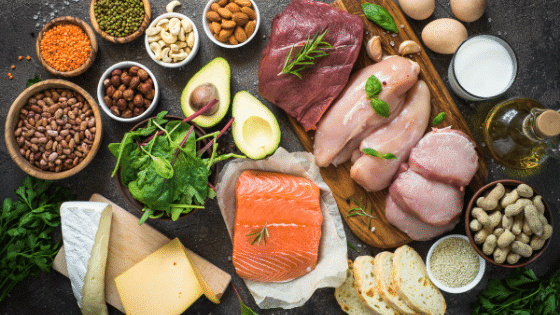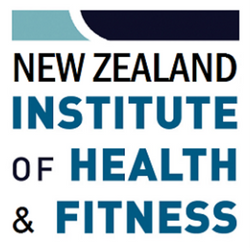Pretty much any fad diet in history has recommended in some way, increasing protein intake in order to help with weight loss or fat loss. Whilst for most, that’s where the similarities end, we’ll take a quick look into why so many ‘diets’ over time have agreed with this one recommendation.
- Feel fuller for longer. It takes the body longer to digest and breakdown protein than it does your other macros, especially carbohydrates. If you are trying to lose body fat you will need to maintain a calorie deficit for a period of time. Generally speaking, eating less food than you might be used to isn’t much fun and the feeling of hunger certainly isn’t comfortable… So making sure you’re eating enough protein that takes longer to digest helps us feel fuller and keep the hunger pains away for longer in between meals.
- Helps repair (& grow) muscle. Protein (particularly those from animal sources) contain essential amino acids that are used by the body to repair and rebuild muscle after it has been ‘damaged’, usually during a workout or period of increased activity. Again, when we’re trying to maintain a calorie deficit in order to lose body fat, eating adequate protein in order to preserve that muscle is super important! It’s possible for the body to breakdown muscle fibres and use them for energy when other energy sources are running low (like when in a calorie deficit) so we want to always make sure our bodies have enough protein to build and maintain muscle so we don’t see a decrease in overall muscle.
- Can increase your metabolism through thermogenesis. When talking about our dietary intake, thermogenesis refers to how much energy (measured in calories) it takes to actually digest your food. Protein is known to have a higher thermogenic effect – that means it takes more energy to digest and break down protein that it does other macros such as carbs and fats.
When we start to look closer at individual macronutrients (aka macros – protein, carbs & fats) the first thing we generally look at is your protein intake. Is it consistently up at recommended levels for your age, sex and activity?
Making sure you’re hitting your recommended protein targets has so many positive flow-on effects as we’ve looked at above so serves as a perfect starting point for improving our overall health whether we’re looking to lose fat or gain muscle.
Stay tuned for the next blog on how much protein you should be eating – make sure you subscribe to Coach Skye’s Coffee Catchup so you don’t miss it!







